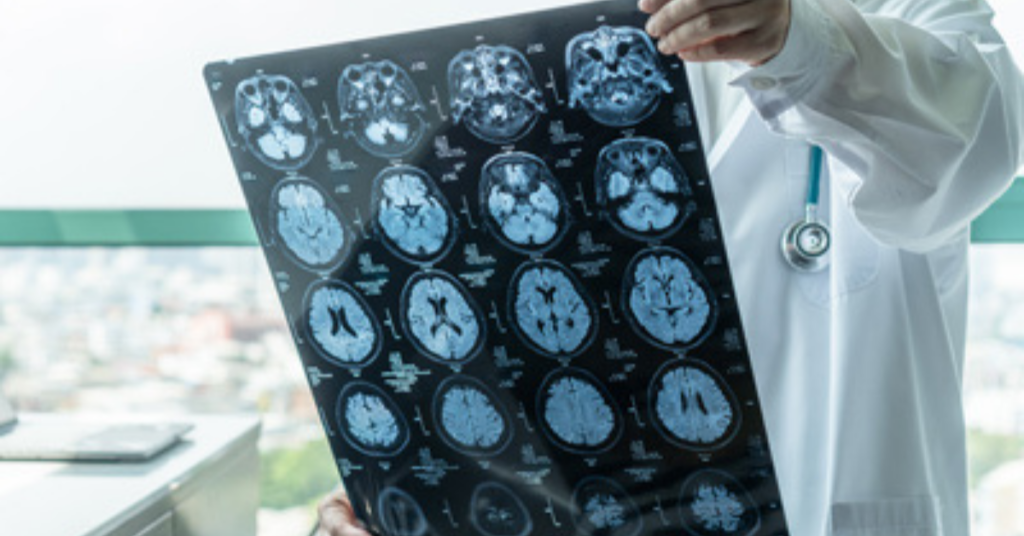Alzheimer’s and Dementia
How Is Alzheimer’s Disease Diagnosed?
Doctors use several methods and tools to help determine if a person with thinking or memory problems has Alzheimer’s disease. To diagnose Alzheimer’s, doctors may: • Ask the person experiencing symptoms, as well as a family member or friend, questions about overall health, use of prescription and over-the-counter medicines, diet, past medical problems, ability to…
Read MoreTips for Caregivers and Families of People With Dementia
A caregiver, sometimes referred to as a caretaker, refers to anyone who provides care for another person. Millions of people living in the United States take care of a friend or family member with Alzheimer’s disease or a related dementia. Sometimes caregivers live with the person or nearby, other times they live far away. For…
Read MoreThe Extraordinary World of Music and the Mind
In 2007, a young man named Colin Huggins began playing music on the streets of New York using a battered upright piano he’d bought on Craigslist. He was a former accompanist for the American Ballet Theatre, but playing and singing pop songs outdoors had convinced him of the almost mystical power of music to soothe, delight…
Read MoreWhy Diagnosing Alzheimer’s Early Is So Important
Alzheimer’s patients now have more options than ever for treating their disease— two drugs are approved to treat the causes of Alzheimer’s, and the U.S. Food and Drug Administration is currently considering approving another, which could be available next year. Many researchers are starting to focus on how to get the most out of these…
Read More11 Myths About Alzheimer’s Disease
Alzheimer’s disease is a leading cause of death in the United States, and millions of Americans are affected by the disease. It’s important to distinguish the facts from the myths about Alzheimer’s, especially when it comes to finding information online. Read on to learn about common myths surrounding this disease. 1. Alzheimer’s disease and dementia…
Read More




